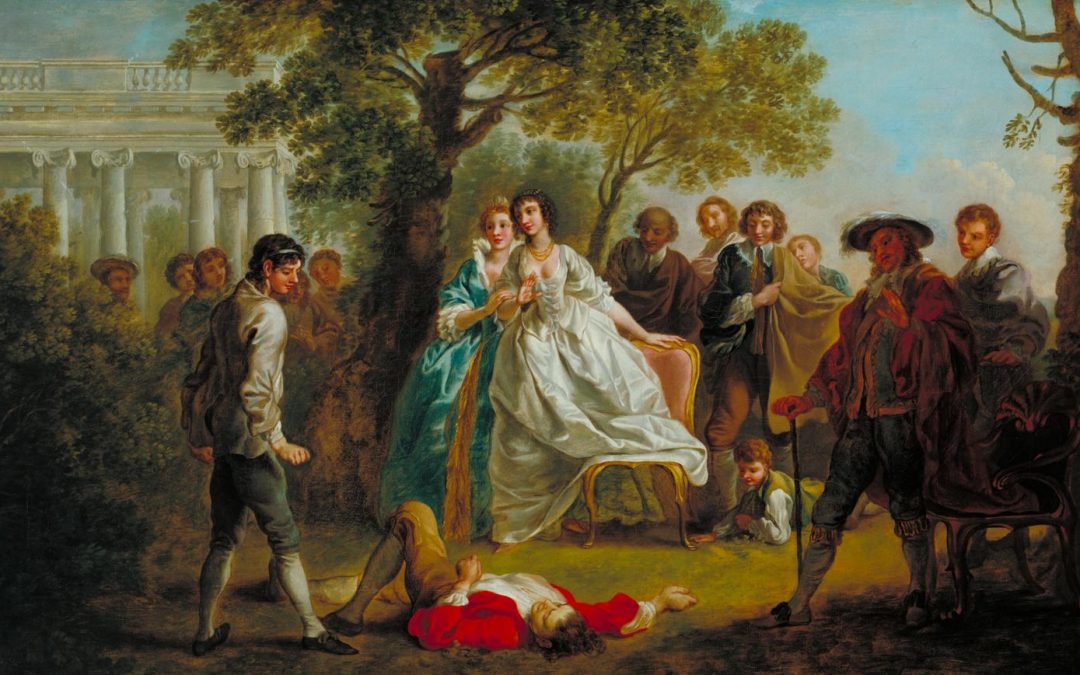‘“But the wise man knows himself to be a fool,”’ recalls the jester Touchstone in Shakespeare’s As You Like It. (As. V. i. 30-31.) Touchstone’s jest informs the creation and marketing of intellectual property. In today’s world that means the wise obtain a well-reasoned legal clearance opinion before proceeding with a tradename, using a trademark, making, using, or selling a patented invention, or even publishing.
At bottom, IP defines ownership of ideas. Ideas occur in the cultural context to which we belong, not typically as isolated flashes of brilliance, no matter how smart we might be. And in a global economy, that context can result in costly conflicts.
For example, incremental steps forward characterize most patented inventions. The statutes deliberately eliminate any flash of genius test. When Thomas Edison patented the first commercially successful incandescent light bulb in 1880, there were many others working on this technology at the same time. Evaluating freedom to operate and patentability become critical in a competitive global market.
Successful launches typically result from the cooperation of diverse minds, including the creator’s special expertise, the manufacturer, the marketer, and the attorney who has legal training to clear the matter and obtain the IP that forms the business foundation. Even though individuals contribute incremental steps, success demands acceptance and resolution of these multiple viewpoints.
Perhaps because of technological focus and complexity, or to reduce perceived costs, our current culture tends to favor decisions by those having common backgrounds, experience, and education, potentially sacrificing the benefit of diverse expertise and challenging viewpoints.
Think of the institutional investor or the company that applies for IP to attract investors or put up a fence without doing sufficient due diligence to evaluate patentability, freedom to operate, or other IP protections.
Think of the songwriter. More than one has created a musical composition that turned out to contain a recovered memory of another’s work even though initially thought to be original.
Think of the CEO who makes up a trade name or trademark based on a combination of languages that captures some suggestive quality of the company’s products. Now imagine that person’s surprise when a clearance search turns up closely related or even identical terms previously adopted by others for similar uses.
The wise engage experienced IP counsel early on to evaluate ideas, how best to protect them, and to assess potential conflicts. These steps are often a balancing act for companies pressured to launch new work, reduce costs, and make profits. However, in a global, multicultural economy that demands diversity with its attendant and sometimes conflicting viewpoints, those steps are more critical than ever to increase the probability of success.
Contact Pedigo Law Firm to learn more about our qualified IP legal counsel.
The information you obtain from this writing is not, nor is it intended to be, legal advice. You should consult an attorney for advice regarding your individual situation. We invite you to contact us and welcome your calls, letters, and email. Contacting the Firm does not create an attorney-client relationship. Please do not send any confidential information to the Firm until such time as an attorney-client relationship has been established.

